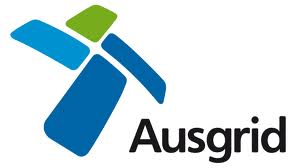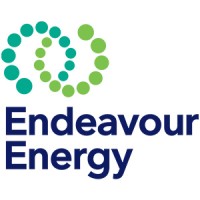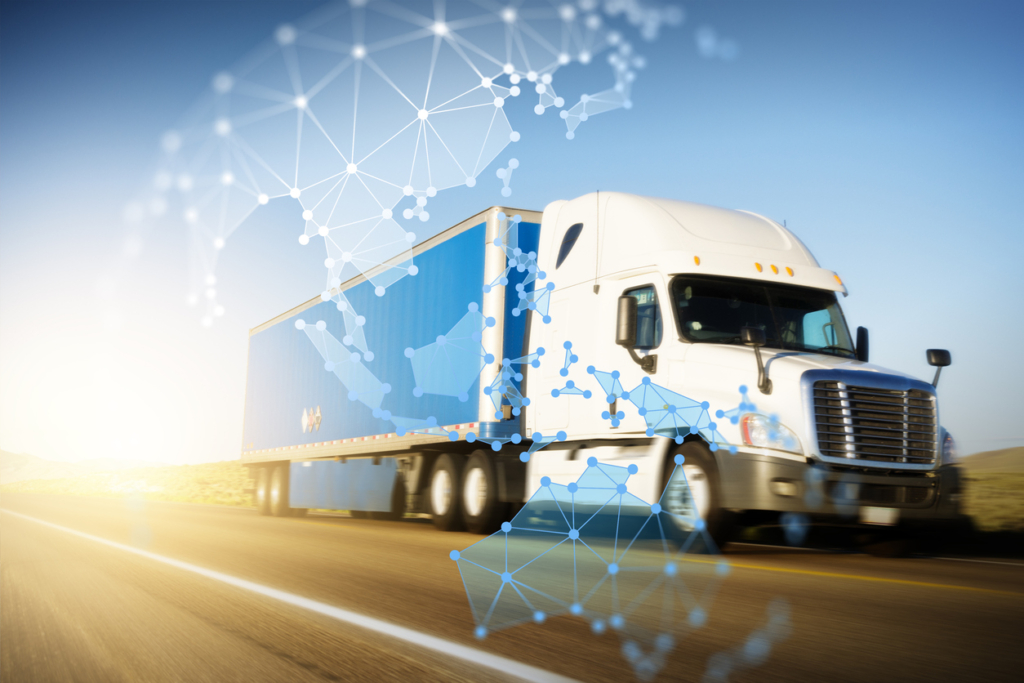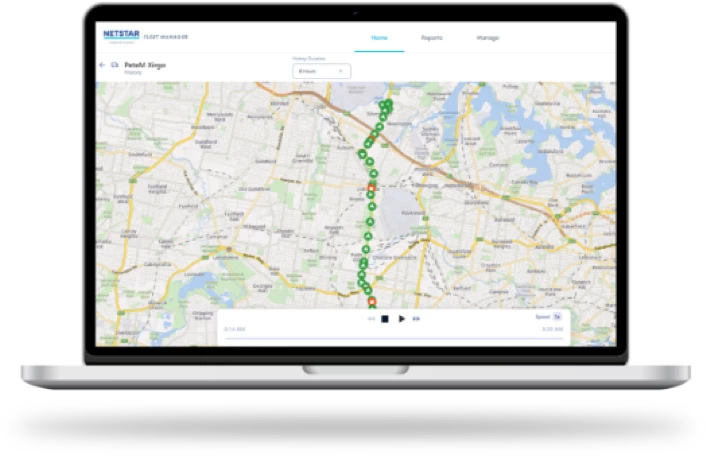

A Guide to Telematics, Benefits, Uses & More
Netstar Australia provides industry-leading Telematics solutions
What is Telematics?
Vehicle telematics systems gather data from your fleet and convey that data back to the head office. It can inform you of the vehicle’s location, performance diagnostics, how it is being used, and where (and how fast) it is moving.
Telematics is used for vehicles (for example, trucks, couriers, light vehicles, ATV’s plant and machinery) to better facilitate – Safe driving, Optimal utilisation, Security, Proof of service, Lone worker safety, Route management and efficiency.
Additionally, mining companies that want to monitor and manage equipment on the ground, shipping and logistics companies that move products around, and emergency services that need the fastest possible response times to inbound calls all rely on vehicle tracking telematics to enhance their operations.
How does a Telematics device work?
Armed with a GPS that allows for pinpoint accuracy of the vehicle’s location at any time, a vehicle telematics system can monitor everything from location to speed of movement and even whether the asset moves into and out of points of interest, which can be set up via “geofencing” in the software. This allows the HQ to receive an instant alert if the asset moves into or out of a designated area.
Vehicle telematics are also supported by sensors and diagnostics equipment that can:
- Determine whether a driver is braking or cornering too hard
- Inform you of the operation of automated equipment
- Monitor idle times
- Send alerts if the asset is tampered with in any way.
Netstar Australia will collaborate closely with you to develop vehicle telematics solutions that meet the needs of your business and your fleet of vehicles.
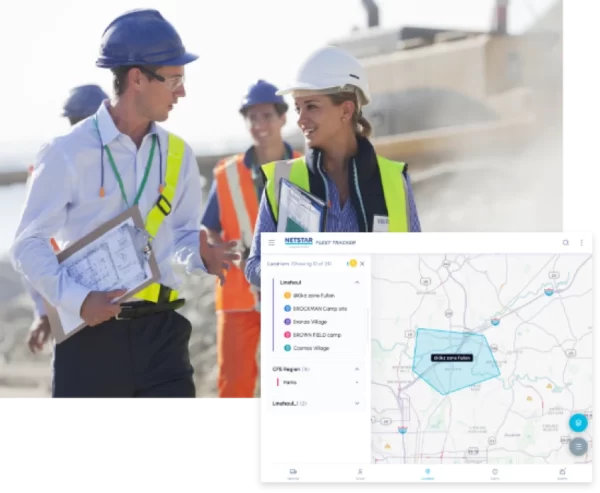
What is the difference between Telematics and GPS Tracking?
Telematics also includes sensors, which can provide granular levels of data collection and feedback on things that GPS tracking cannot, then telematics is far more comprehensive in scope. GPS data can monitor a piece of equipment relative to its location on the map. This is useful, but it only becomes truly powerful when it is connected to a solution that collects and relays data on how the equipment is used.
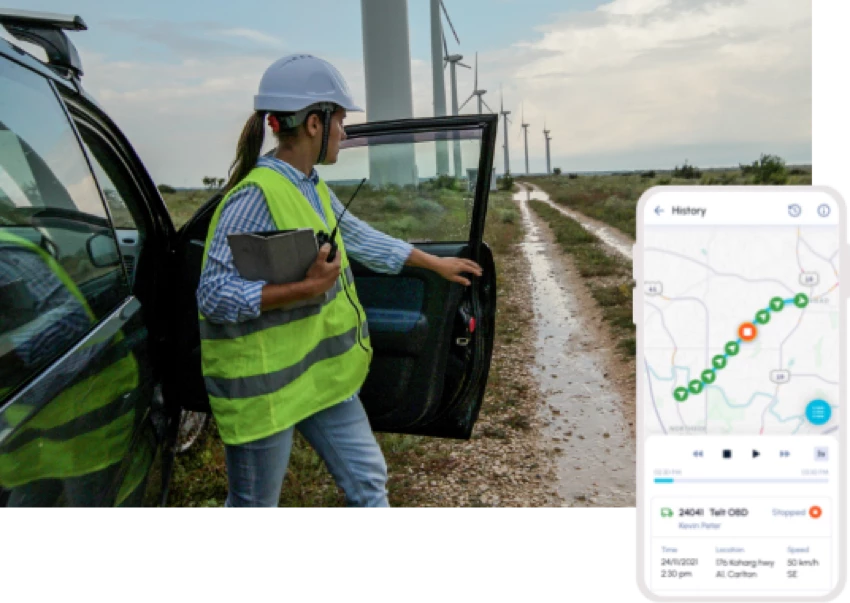
Trusted by fleets large and small right across Australia
The benefits of Netstar’s vehicle Telematics
Improved fleet productivity
Thanks to a comprehensive system that combines GPS positioning and data on usage, managers can use vehicle telematics tracking to effectively deploy the right vehicle in near real-time.

Reduced costs and enhanced efficiency
A well-managed fleet spends the least time in operation possible. Effective monitoring of vehicle routes, enabled by the vehicle telematics system, ensure that no driver travels longer than they need to. This helps reduce maintenance, fuel, and other costs and optimise your business’ efficiency.
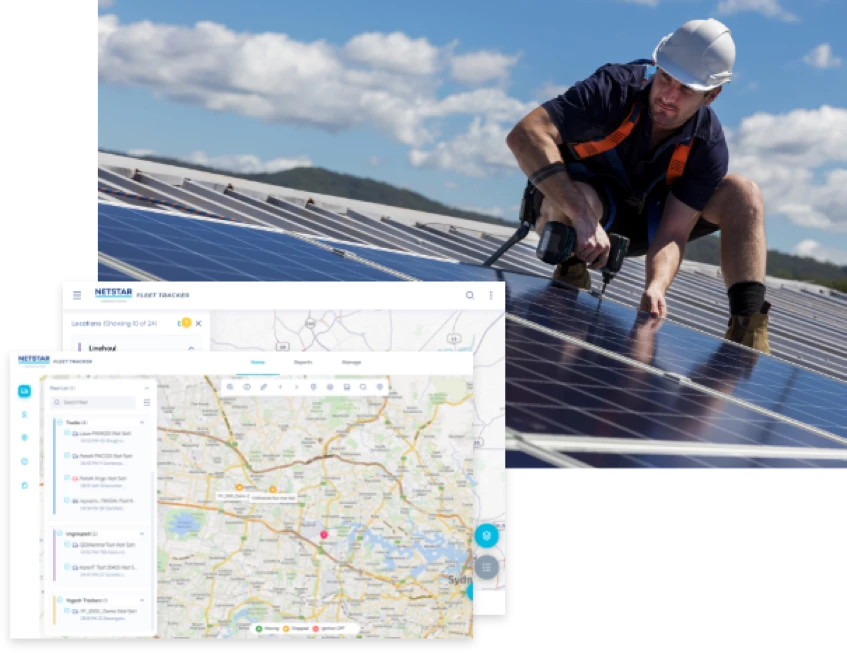
Automation and compliance
From driver logs to fuel credits, a vehicle telematics system can automate the collection and logging of data with no risk of human error or data misrepresentation and meet compliance and regulatory requirements.
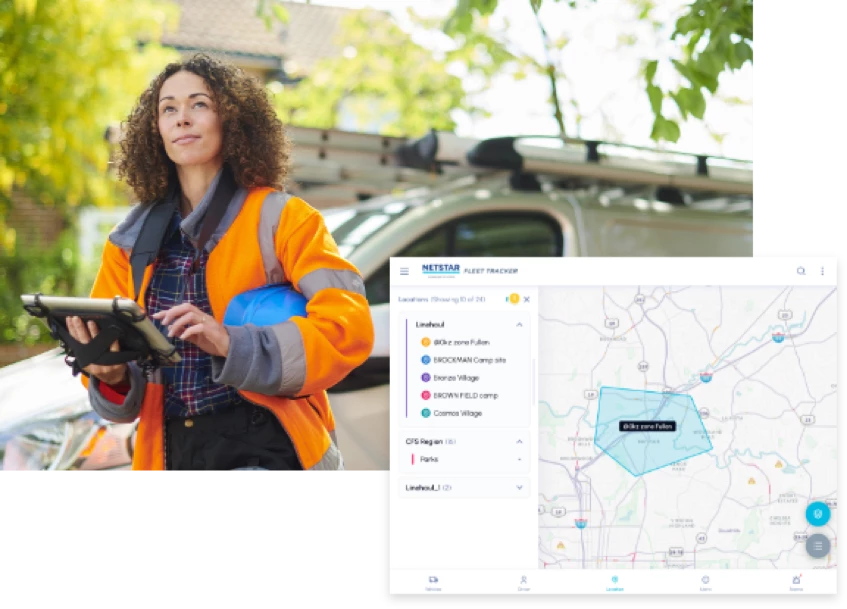
Enhanced communication
Notification and communications systems allow the head office to instantly communicate with remote employees if abnormal activity is flagged, improving the employee’s sense of well-being and morale.
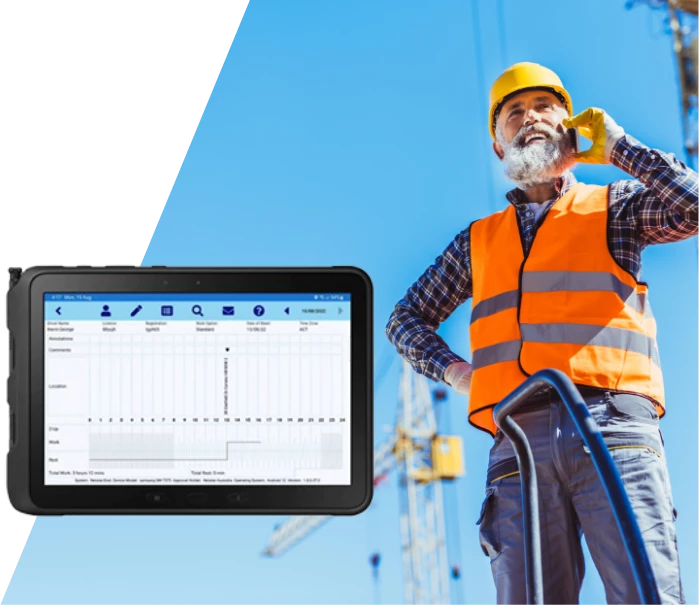

Discover what we can do for your business
Let Netstar help you find the right telematics solution for your business
Telematics is a relatively mature technology concept, which means there are many choices – large, established, and start-up – to choose from. Finding the right solution for your business comes down to a couple of key considerations and necessities, such as:
- Responsive Customer Support: Your vehicle telematics solution must have local support to respond quickly to problems and maintain responsive and active customer support. The dispatch system relies on the headquarters having a real-time understanding of where each asset is, which they can obtain through Netstar’s vehicle telematics tracking.
- Tailored Solutions for Your Business: Off-the-shelf solutions in telematics are rarely as effective as bespoke solutions because no two businesses have the same data needs. You need a provider that can facilitate innovation and takes the time to understand your business so they can offer strategic advice.
- Scale Your Systems Alongside your Business: Every new asset or vehicle that you bring into the organisation needs a telematics device. This can become expensive if your solutions provider cannot scale as efficiently as your business does.
What is the future of telematics?
There are some enormously exciting innovations on the horizon for vehicle telematics. As wireless connectivity continues to improve and the integration of cloud solutions as software-as-a-service (SaaS) applications continues to broaden in scope, so will vehicle telematics systems.
Some expected innovations include:
AI-driven insights: Currently, vehicle telematics devices are very good at collecting data. However, generating actionable insights from that data is left to people. Heavy investment is going into AI algorithms that collect and store data to generate insights. This allows the organisation to respond more quickly (as they don’t need to wait for someone to study the data and create a report) and saves employees hours dedicated to actioning the insights rather than generating them.
Deeper video integrations: Dash cams are already being used in vehicle telematics, but cameras will become more sophisticated as technology matures. The data from the system will be added to the video via dashcam to help with everything from coaching to reviewing incidents and supporting employees in the event of legal action. The use of cameras will also broaden beyond the dashcam to encompass a full, 360-degree video of the vehicle and asset.
Improved customer experience systems: Dispatches will be able to automatically update customers on when to expect the driver or support person to be on site. By linking the asset to the invoicing system, customers can be sent precise invoices based on time spent on site or a host of other sensor-driven data. Those invoices can also be automated to send immediately on the completion of the task.
FAQ
CAN A TELEMATICS DEVICE BE INSTALLED IN ANY VEHICLE?
HOW IS TELEMATICS DATA USED?
- Monitor vehicle performance
- Improve driver safety
- Reduce costs
- Optimise fleet management
- Track fuel consumption
- Monitor driver behaviour
- Optimise routes
- Schedule vehicle maintenance
WHAT IS A VEHICLE TELEMATICS SYSTEM?
WHAT TYPE OF DATA CAN A TELEMATICS DEVICE COLLECT?
Latest News

What is GPS? How Global Positioning Systems Work
It might surprise you, but GPS has been around since the 1970’s. However, it was only in the year 2000 when ‘selective availability’ was turned off, that navigation in...

How can we help?
"*" indicates required fields
